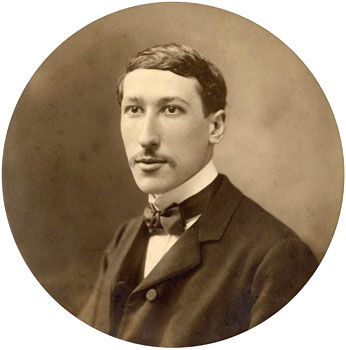
“Finally, there remains one direct consequence of the democratic idea to consider, and this is the negation of the idea of an elite; it is not for nothing that a ‘democracy’ is opposed to ‘aristocracy’, for this latter word, at least when taken in its etymological sense, means precisely the power of the elite. The elite can by definition only be the few, and their power, or rather their authority, deriving as it does from their intellectual superiority, has nothing in common with the numerical strength on which democracy is based, a strength whose inherent tendency is to sacrifice the minority to the majority, and therefore quality to quantity, and the elite to the masses. Thus the guiding function exercised by a true elite, and its very existence – since of necessity it plays this role if it exists at all – is utterly incompatible with democracy, which is closely bound up with the egalitarian conception, and therefore with the negation of all hierarchy; the very foundation of the democratic idea is the supposition that one individual is as good as another, simply because they are equal numerically and in spite of the fact that they can never be equal in any other way. A true elite, as we have already said, can only be an intellectual one; and that is why democracy can arise only where pure intellectuality no longer exists, as is the case in the modern world. However, since equality is in fact impossible, and since, despite all efforts towards leveling, the differences between one man and another cannot in practice be entirely suppressed, men have been brought, by a curious logic, to invent false elites – of several kinds moreover – that claim to take the place of the one true elite; and these false elites are based on a variety of totally relative and contingent points of superiority, always of a purely material order. This is obvious from the fact that the social distinction that counts most in the present state of things is that based on wealth, that is to say on a purely outward superiority of an exclusively quantitative order, the only superiority in fact that is consistent with democracy, based as it is on the same point of view. It may also be added that even those who set themselves up as opponents of this state of affairs are incapable of producing any real remedy for the disorder, and may even aggravate it by going even further in the same direction, because they also make no appeal to any principle of a higher order. The struggle is merely between different varieties of democracy, with more or less emphasis on the egalitarian tendency, just as it is, as we have said above, a struggle between varieties of individualism, which amounts to exactly the same thing.”
René Guénon, The Crisis of the Modern World (fr. orig. Éditions Gallimard, 1946; 4th rev. ed., Sophia Perennis, 2001) extract from pages 78 through to 79 of the 2001 edition.
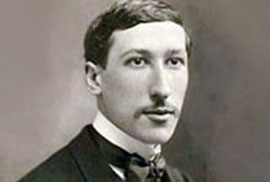
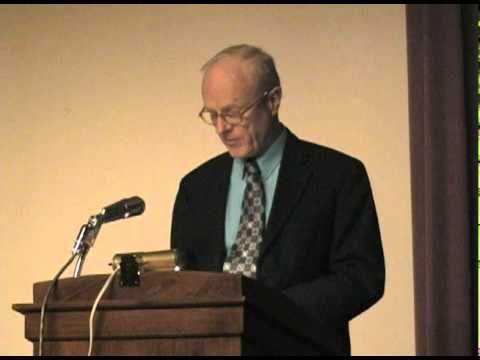
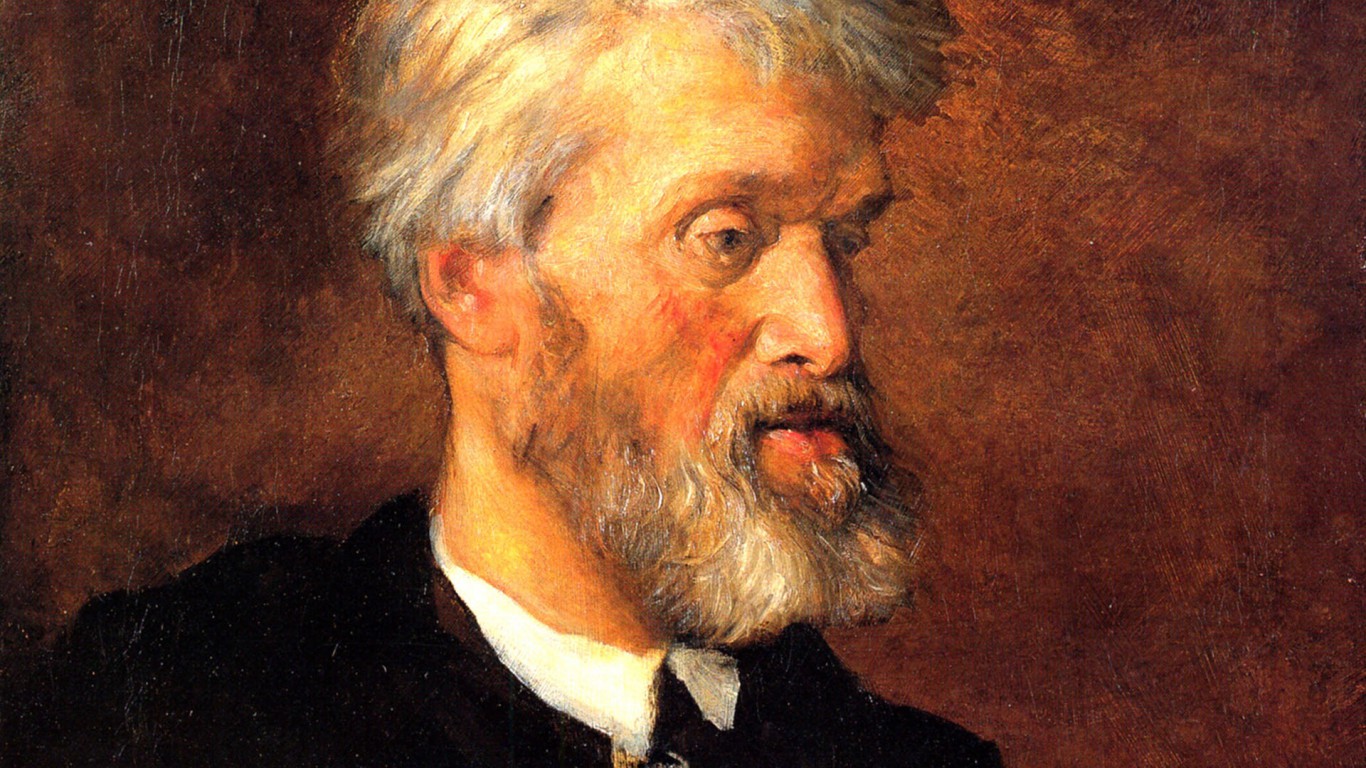

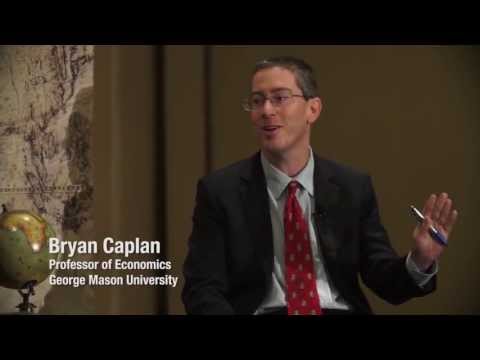
Be the first to comment on "Quote of the Week: René Guénon, “Crisis of the Modern World”"